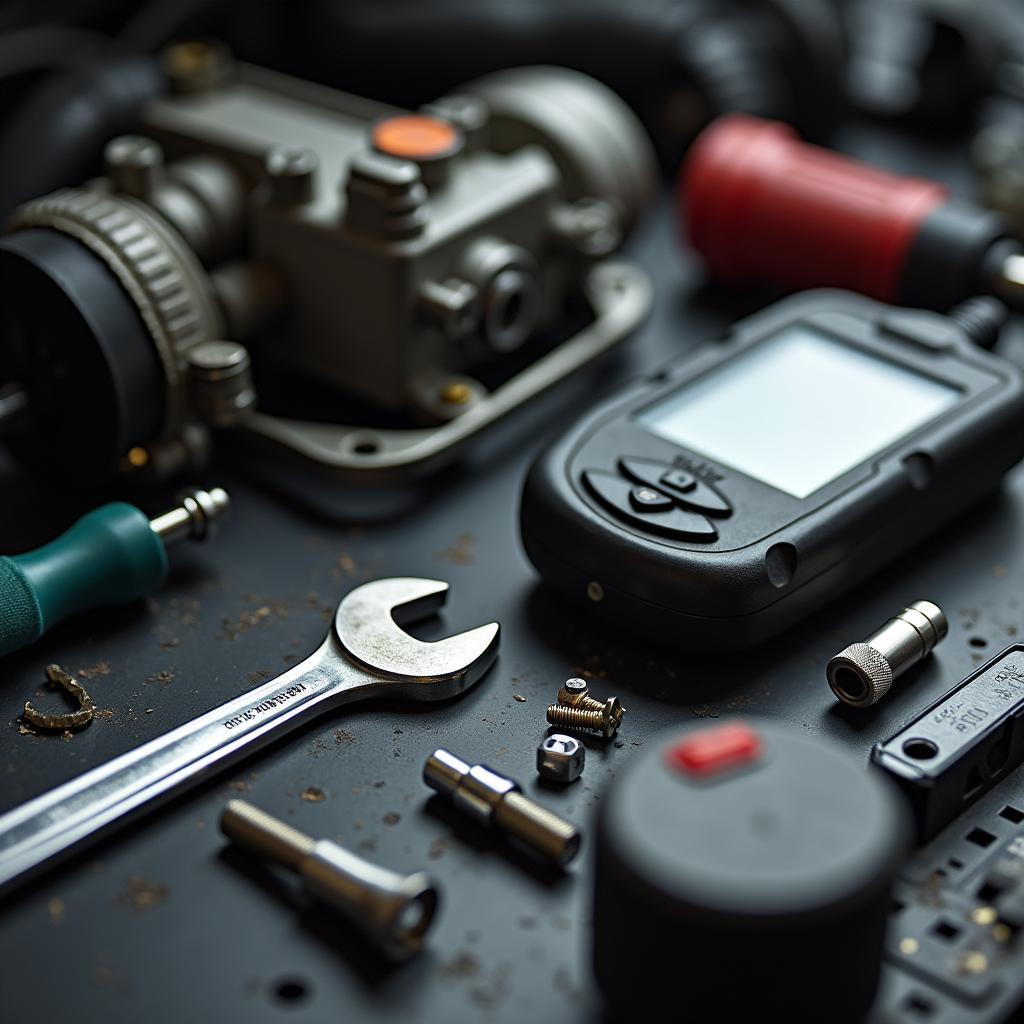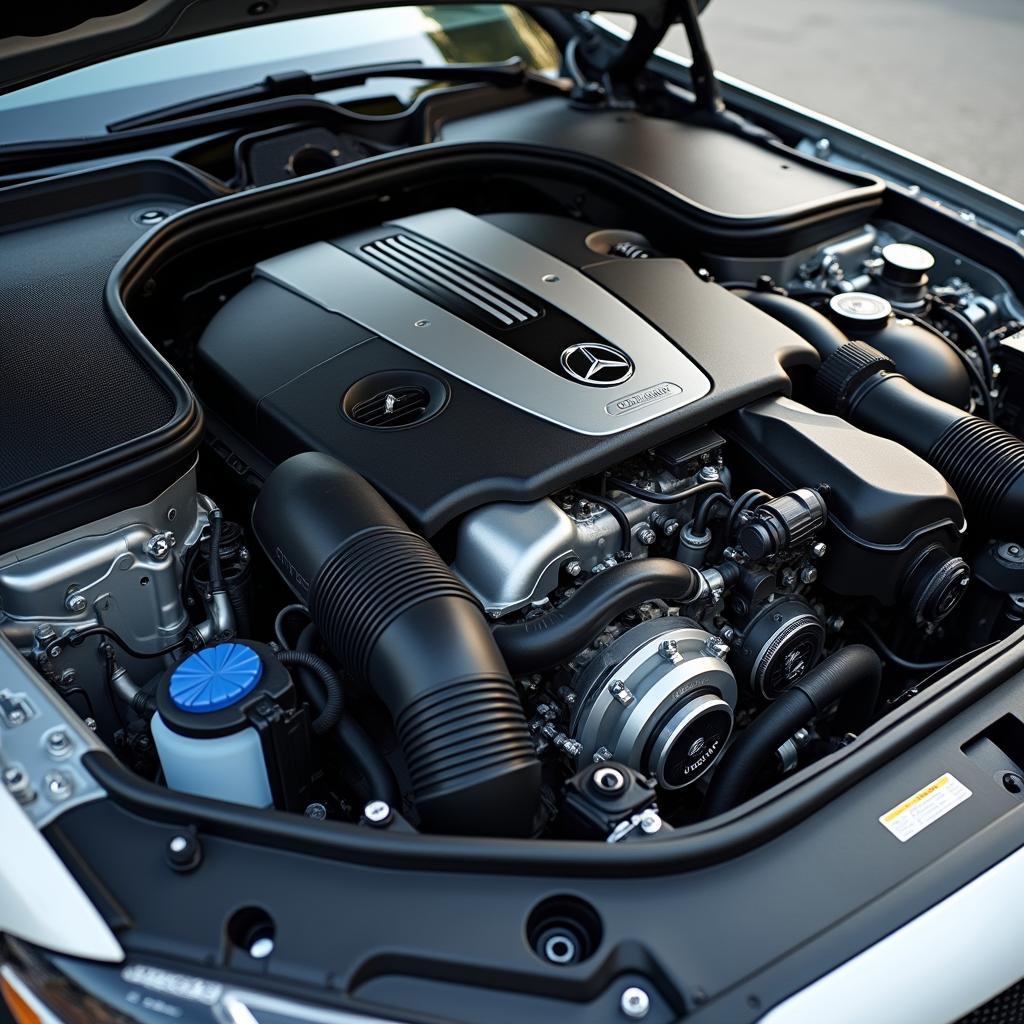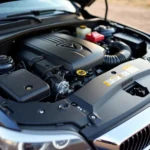The sound of an engine is like the heartbeat of a car – an experienced mechanic can tell a lot about the condition and health of an engine just by listening to the sound. Sometimes it’s a gentle purr, sometimes a powerful roar, but any unusual sound can be a warning signal pointing to a potential problem. In this article, we’ll delve deeper into the world of engine sounds and explain how you can understand your engine’s “whispers.”
Understanding the Language of Engine Sounds
Every engine has its own unique sound. Changes to this sound, especially if they occur suddenly, can indicate problems. A rattling sound, for example, might suggest an issue with the valves, while a loud knocking could point to a problem with the bearings. “The challenge is to distinguish normal operating sounds from unusual ones,” says Dr. Ing. Hans Schmidt, author of the book “Engine Diagnosis for Beginners.” “Experience is key here.”
Common Engine Sounds and Their Causes
- Clicking or Ticking: This sound is often heard when the engine is cold and usually disappears once the engine is warm. It can indicate worn hydraulic lifters or a problem with the valve train.
- Whistling: A whistling sound could point to a crack in the intake hose, a loose belt, or an issue with the turbocharger (if equipped).
- Grinding: A metallic grinding sound that gets louder with engine speed might indicate a serious problem with the bearings and should be inspected immediately by a mechanic.
 Engine diagnosis tool and scanner
Engine diagnosis tool and scanner
Engine Sound and the Importance of Regular Maintenance
Regular maintenance is crucial to keep your engine healthy and engine sounds to a minimum. Oil changes, spark plug replacements, and checking the belts are just a few of the important maintenance tasks that can help keep your engine running smoothly.
W205 Engines: An Example of Specific Engine Sounds
The engines of the Mercedes-Benz C-Class (W205) are known for their smooth running. Nevertheless, specific engine sounds can also occur in these models, indicating problems. A slight rattle upon starting, for example, could point to a defective timing chain.
 Detailed Mercedes-Benz W205 engine
Detailed Mercedes-Benz W205 engine
Further Tips for Interpreting Engine Sounds
- Pay Attention to Changes: Any change in engine sound, especially if it occurs suddenly, should be taken seriously.
- Document the Sounds: Make a note of when and under what conditions the sound occurs.
- Consult a Professional: If you are unsure what is causing the sound, contact a qualified mechanic.
Conclusion: Listen to Your Car!
Your engine’s sound can tell you a lot about the condition of your car. By learning to interpret the different sounds, you can detect potential problems early and avoid costly repairs. You can find more useful information about car repair and maintenance at Autorepairaid.com. If you have questions or need support, our experts are happy to assist you.

